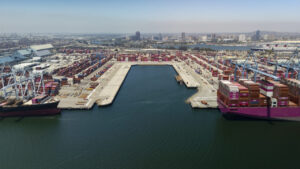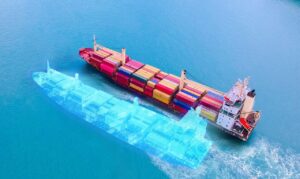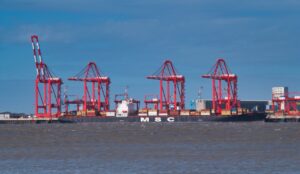The International Maritime Organization (IMO) has outlined its plans to reduce greenhouse gas (GHG) emissions, by implementing energy-efficiency measures for ships and promoting technology transfer.
The GMN Project, which aims to create a global network for energy-efficient shipping, is funded by the European Union and run by the IMO.
According to a statement, representatives from the five Maritime Technology Cooperation Centres (MTCCs) in the GMN network recently met for their second annual meeting in London, United Kingdom.
More being done to promote technologies to cut shipping’s #GHG emissions: https://t.co/d1KaRGqjCa pic.twitter.com/KXTwareHHA
— IMO (@IMOHQ) November 1, 2018
Technical training, focused on energy efficiency in ship design and operations, port energy management and adaptation to climate change, was given to MTCC staff, alongside a dedicated technology providers’ session.
This part of the meeting featured presentations on harnessing wind power, electric and digital solutions, and a vision of how ports of the future might look.
Simon Bennett overviews the IMO greenhouse gas strategy for a sustainable future in a recent Port Technology technical paper
The meeting also encouraged MTCC members to consider priorities for 2020 and meet with the project’s Global Stakeholders Committee, which brings together technical experts to provide long-term strategic guidance.
Meanwhile, during the MEPC73 meeting, Member States confirmed their commitment and support to capacity building projects like the GMN.
The MEPC agreed in principle to consider, at its next session, sustainable funding mechanisms for the future, including the possible establishment of a voluntary multi-donor trust fund.









